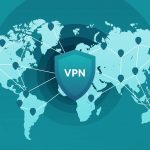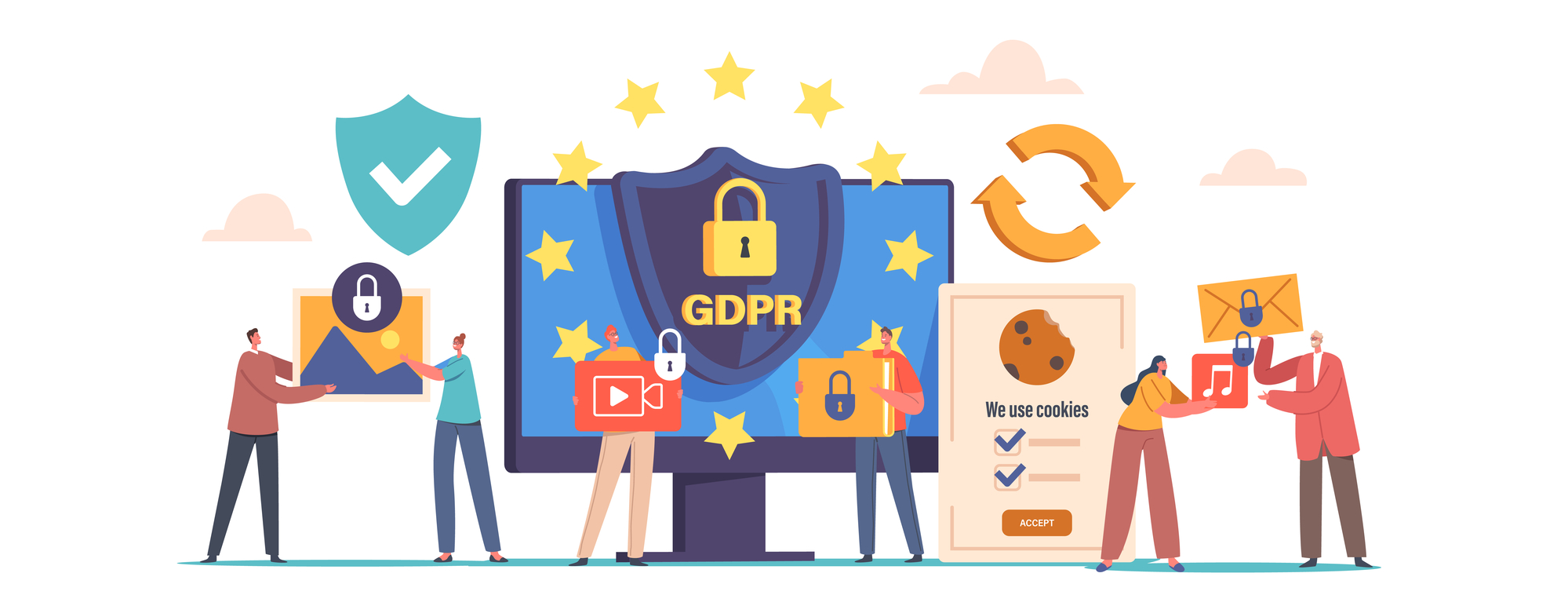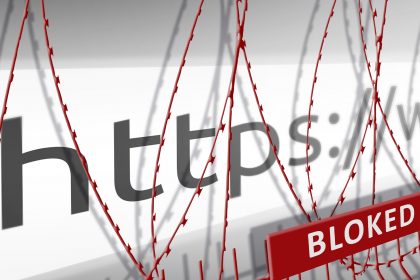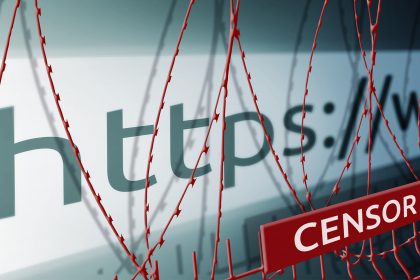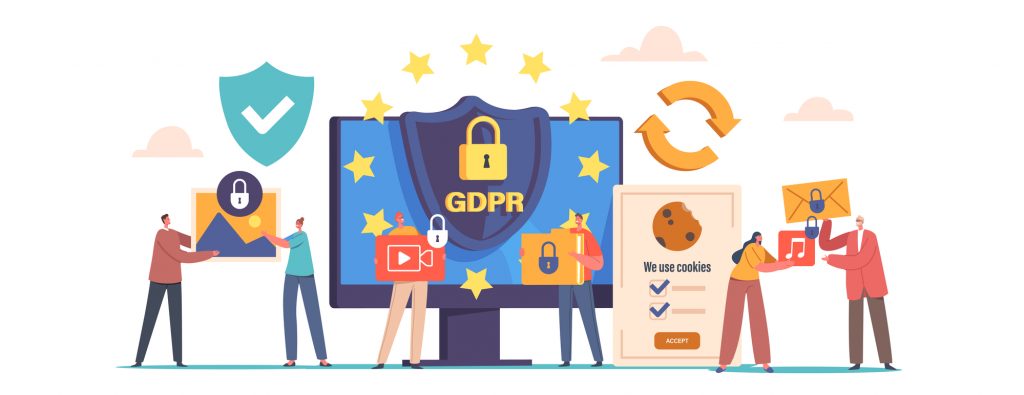
Navigating the world of VPNs and their legality can be tricky. With increasing concerns about online privacy and security, many individuals and businesses are turning to VPNs. This guide aims to clarify the complex landscape of VPN legality in 2025, helping you understand where you can legally use a VPN and where using a VPN might land you in trouble. We’ll explore the nuances of VPN usage, the reasons behind VPN bans, and what to consider before using a VPN service.
- What Are VPNs?
- Legal or Illegal: The VPN Dilemma
- Countries Where VPNs Are Illegal
- Overview of Countries with VPN Bans
- List of Countries Where VPNs Are Illegal
- Consequences of Using a VPN in These Countries
- Countries That Restrict the Use of VPNs
- Countries with VPN Regulations
- Impact of Restrictions on VPN Usage
- Legal to Use a VPN: Exceptions and Conditions
- Using a VPN Legally
- VPN Laws Around the World
What Are VPNs?
A VPN, or Virtual Private Network, is a service that creates a secure, encrypted connection over the internet. When you use a VPN, your internet traffic is routed through a VPN server, masking your IP address and encrypting your data. This process enhances your online privacy and security. By connecting to a VPN server in a different location, you can effectively change your virtual location. Many people use a VPN to access content that is restricted in their region or to protect their data on public Wi-Fi networks. A VPN provider essentially acts as an intermediary between your device and the internet, adding a layer of security and anonymity. The legality of VPNs, however, varies across the globe.
Legal or Illegal: The VPN Dilemma
The legality of VPNs varies greatly. In some countries, VPNs are perfectly legal and used to improve online privacy and security. However, other countries restrict or ban VPN usage. The following table provides some examples:
| VPN Status | Example Countries |
|---|---|
| Legal | US, UK, Canada, most of the European Union |
| Illegal or Heavily Restricted | Iran, North Korea |
It’s crucial to check VPN laws in your location or the location you are virtually connecting to. Legal or illegal status depends on government regulations and internet policies. Some countries ban VPNs entirely, while others limit use to government-approved services.
Countries Where VPNs Are Illegal

Overview of Countries with VPN Bans
In certain regions around the globe, governments enforce VPN bans, rendering the use of VPNs illegal. This is often due to concerns over national security, censorship, or control over information. In these countries where VPNs are illegal, governments may block access to VPN services entirely or heavily restrict their use. Citizens using a VPN in a country with such restrictive VPN laws may face severe penalties, especially if the VPN use is perceived as a threat to the government. The legality of VPNs is thus a critical factor to consider before using a VPN service in a foreign country. The VPN legality often depends on the political and social climate of the country in question, because in 2025, many countries have strict internet laws.
List of Countries Where VPNs Are Illegal
Some countries have strict rules about using VPNs. In places like North Korea and Turkmenistan, VPNs are strictly banned. Using a VPN to access foreign news or social media in these countries could lead to legal trouble.
| Country | VPN Status |
|---|---|
| North Korea | Strictly banned |
| Turkmenistan | Strictly banned |
The specific laws and enforcement policies can change, so it’s important to check the latest rules before using a VPN.
Consequences of Using a VPN in These Countries
The consequences of using a VPN illegally in countries where VPNs are illegal can be severe. Depending on the country, penalties can range from hefty fines to imprisonment. In some cases, the government might not only punish the individual using a VPN but also target the VPN provider offering the service. The severity of the punishment often depends on the specific illegal activities the person is engaged in while using a VPN, as well as the country’s overall approach to internet freedom and censorship. While some individuals might attempt to bypass VPN blocks using free VPNs, it’s important to remember that these services are often less secure and can expose users to additional risks. Always research the specific country where VPNs are illegal before you travel or virtually connect to the country.
Countries That Restrict the Use of VPNs
Countries with VPN Regulations
While some countries impose outright VPN bans, others have regulations that restrict the use of VPNs. In China, for example, the government doesn’t necessarily ban the use of VPNs completely, but they do block access to many VPN service providers that aren’t government-approved. This effectively limits individuals to using only VPNs that comply with state censorship policies. Similarly, in Russia, VPN providers are required to register with the government and block access to websites that are on a state blacklist. Although using a VPN isn’t technically illegal, it’s significantly restricted, making it difficult for individuals to use a VPN service to bypass censorship or protect their privacy effectively. These countries often implement sophisticated technologies to detect and block VPN traffic, making VPN use a constant cat-and-mouse game.
Impact of Restrictions on VPN Usage
The impact of regulations that restrict the use of VPNs can be significant. When countries enforce VPN bans, individuals find it more difficult to legally use a VPN to access information or express themselves freely online. Restrictions on VPN legality often lead to a chilling effect on online activity, as people become more cautious about what they say and access online. These regulations also stifle innovation in the tech sector, as VPN providers may be hesitant to operate in countries where their services are heavily restricted or considered illegal. Ultimately, such restrictions can undermine the benefits of a free and open internet, limiting access to diverse perspectives and hindering economic and social development, in 2025 and beyond. If caught using a VPN illegally, you could face severe punishment.
Legal to Use a VPN: Exceptions and Conditions
Despite the restrictions and outright bans in some countries, there can be exceptions and conditions under which it is legal to use a VPN. In some cases, the legality of VPNs may depend on the specific activities the user is engaged in. For example, using a VPN to access blocked social media might be tolerated, while using a VPN to engage in illegal activities like hacking or spreading misinformation could lead to severe penalties. Additionally, some countries may allow certain VPN providers to operate legally, provided they comply with government regulations and censorship policies. For tourists and business travelers, understanding these exceptions is crucial for ensuring they don’t inadvertently run afoul of local VPN laws. Always check if VPNs are legal before traveling.
Using a VPN Legally
How to Use a VPN Legally
To legally use a VPN, you must first ensure that the VPN legality in your current location permits such use. Many countries, including the US, consider VPN usage legal, so long as it doesn’t involve illegal activities. To remain on the right side of the law, it is crucial to understand the specific VPN laws governing your location. Always connect to a VPN server responsibly, respecting copyright laws and terms of service of the websites and services you access. Check local regulations to verify that VPNs are not illegal for your intended use. This ensures that you enjoy the benefits of enhanced security and privacy without running afoul of the law. You may consider using a VPN service to watch Netflix shows not available in your country.
Bypassing VPN Blocks: Legal Considerations
Bypassing VPN blocks can be a gray area from a legal perspective, depending on the specific circumstances and the country in question. In some cases, attempting to bypass VPN blocks might violate the terms of service of a particular website or service, although it may not necessarily be illegal. However, in countries where VPNs are illegal or heavily regulated, bypassing VPN blocks could be seen as a more serious offense, potentially leading to legal consequences. If you are in a country where VPNs are illegal, attempting to circumvent these restrictions by using sophisticated methods to use a VPN could attract unwanted attention from authorities. Always ensure you are not using a VPN illegally.
Staying Safe When Using a VPN
Staying safe while using a VPN involves more than just checking the VPN legality of your location. It also requires selecting a reputable VPN provider that doesn’t log your activity. Opt for a VPN service with strong encryption protocols and a clear privacy policy to ensure your data remains protected. Be wary of free VPNs, as they often come with hidden costs, such as data logging or malware. Avoid using a VPN to access or engage in illegal activities, as this could attract the attention of law enforcement. Update your VPN software regularly to patch any security vulnerabilities. Always check if the VPN is legal before downloading one to ensure your online safety and protect your personal information.
VPN Laws Around the World
VPN Laws in North America
In North America, the legal landscape surrounding VPNs is relatively permissive. In both the US and Canada, it is generally legal to use a VPN to enhance online privacy and security. While the legality of VPNs is well-established, individuals are still responsible for their online activities. Using a VPN to engage in illegal activities, such as hacking or distributing copyrighted material, remains illegal and punishable under the law. The legality of VPNs in North America provides users with a tool to protect their data and access content more freely, but it does not grant them immunity from legal consequences for unlawful actions. In 2025 the legal situation in the US has not changed. You can legally use a VPN in the US.
VPN Laws in Europe
The European Union generally permits VPN usage, with VPNs being legal in most countries. The EU’s commitment to data protection and privacy aligns well with the benefits that VPNs offer. While individual countries within the EU may have their own specific regulations regarding internet usage, the legality of VPNs is broadly accepted, as long as the VPN service isn’t used for illegal activities. For example, using a VPN to bypass geo-restrictions on streaming services is generally tolerated, but using a VPN to engage in criminal activities will lead to legal trouble. The legality of VPNs in Europe supports the region’s emphasis on digital rights and online freedoms. In 2025, people use a VPN to watch content from other countries.
VPN Laws in Asia and the Middle East
The landscape of VPN laws in Asia and the Middle East is complex. It is crucial to research and understand the local VPN laws to avoid legal issues, as penalties for illegal VPN use can include jail time.
| Country | VPN Law |
|---|---|
| India | VPN use is not illegal. |
| North Korea, Turkmenistan | Strict VPN bans in place. |
| China | Restricts VPN use by blocking many foreign providers. |
| Iran | VPN use is restricted; some VPNs are blocked. |





